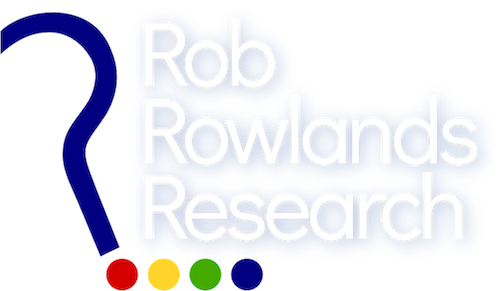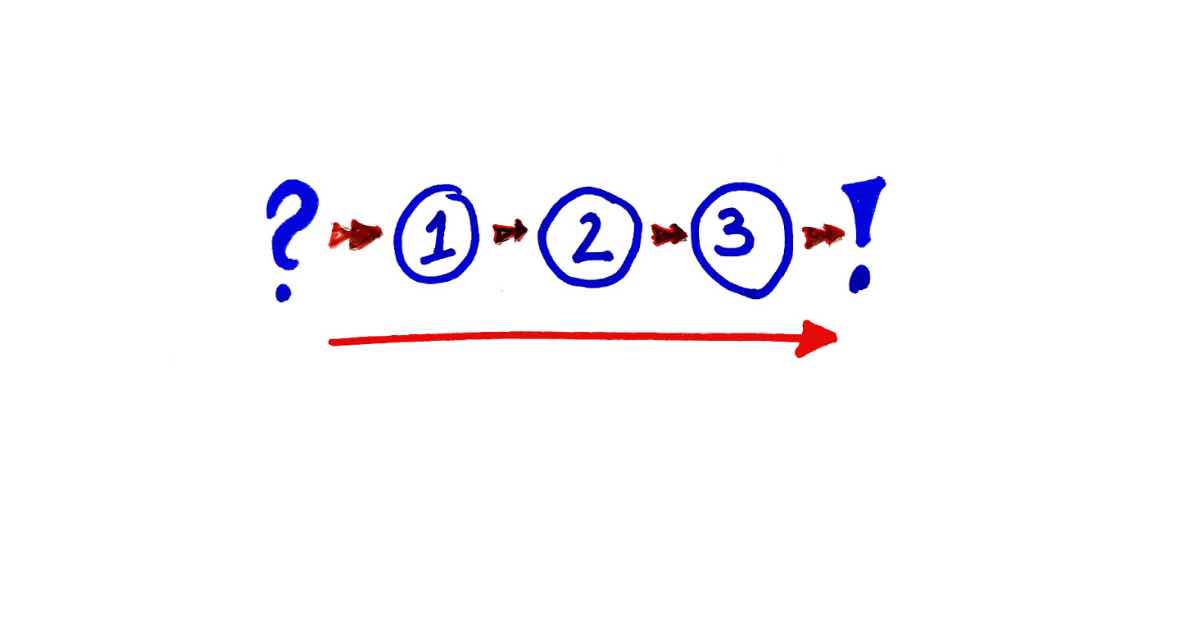Obviously it’s not something we thought of doing in January. There’s 25 years of work leading up to it.
There are few (if any) problems that cannot be overcome if you adopt a logical approach to finding a solution.
Rocket science as a great example of this and a previous article illustrated how, even when things go wrong in space, approaching a problem systematically can avert disaster.
Behind the scenes, in the quiet
So, faced with how to deal with a global health pandemic, what do you do to get out of it? Since the beginning of the COVID story, a vaccine has always been seen as the "way out" to normality. But around that exit route has been constant panic, misinformation and false hope.
Therefore, the quiet yet significant contributions to vaccine development being made by a wide range of scientists around the world has the world eagerly waiting.
Significant because vaccines and treatments are seen as the way out of our presently constrained lives.
Quiet? For me, this is the interesting part, the part that lies at the heart of how we successfully find answers.
Professor Sarah Gilbert’s interview on BBC Radio 4’s The Life Scientific is fascinating. As well as being a very accessible overview of vaccine development it wonderfully encapsulates the process that is at the heart of all effective research and problem solving.
The development of the “Oxford vaccine" has been led by Prof Gilbert. In phase 3 of it’s trials at the time of writing it is seen as a strong candidate for an effective vaccine. And it is the quiet and systematic things going on behind the scenes which have meant that the trial is at this positive stage now.
So what are they?
Foundations and logic
They didn’t start from scratch.
A model for the vaccine had been in development for many years. The emergence of covid19 in China provided a candidate which Gilbert says looked interesting as a possible virus to study.
So the vaccine has been an opportunity to test a concept already in development and built on previous knowledge.
Gilbert’s approach utilises the best resources available.
She recognises the benefits of a multi-disciplinary team which can add greater value.
Researchers in academia have worked in partnership with commercial drug manufacturers to ensure that any vaccine developed can be manufactured in sufficient quantity.
And the whole process has progressed methodically, identifying clear aims, taking one step at a time towards that end goal by building on what they learn.
Even at this stage they are not celebrating success though they are cautiously optimistic with each successful step.
If the project succeeds it might be an understatement to say it would make a huge contribution to our lives. Importantly knowing how the results of this research can be utilised practically will turn successful experiments into life-changing differences.
Start, Use, Do
Whilst the problems you are seeking to overcome or the ideas you want to progress might not be of such global importance, making a difference is important to you and your customers. Research is about finding what you need to make that happen. So what can you learn from Sarah Gilbert?
First, start where you are.
Understand what it is you need to know in order to make the progress. That means being clear about what you do already know so that the gap in your knowledge can be filled more manageably.
Second, use what you have to fill those gaps.
This could be overlooked information, it might be the input of colleagues, it could be learning from previous attempts. Don’t dismiss what is at hand, it can make a lot of difference.
Third, do what you can.
Moving forwarded logically step-by-step, following a clear plan and with a clear purpose of what you will do with what you find at each step and cumulatively at the end.
And finally, make a difference by using the missing information to overcome the problem or realise the idea.
Finding enough information to make what seems impossible possible is closer than you might think.
You may also be interested in
Thought, inspiration and how-to straight in your inbox - Sign up today
By subscribing you will receive our newsletter up to 4 times a year and occasional news of forthcoming events. You can unsubscribe at anytime.





